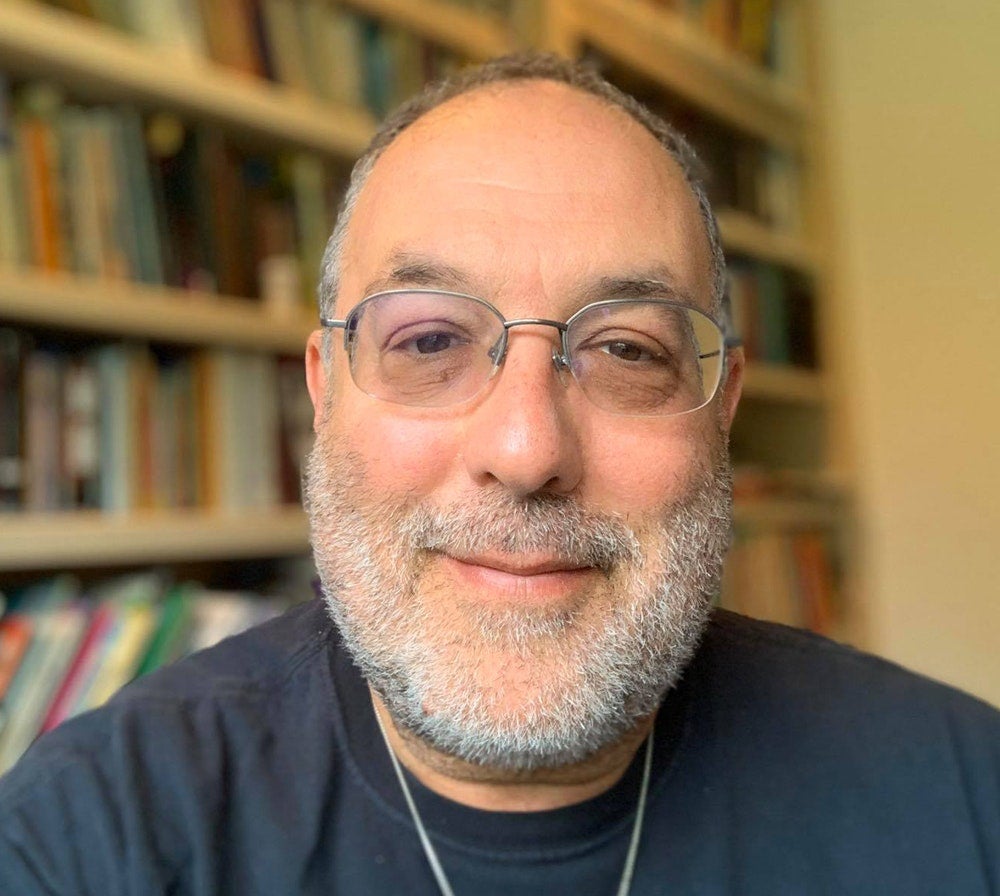Ron Avi Astor, professor of social welfare at UCLA’s Graduate School of Education & Information Studies and at the UCLA Luskin School of Public Affairs, along with Rami Benbenishty from Hebrew University and Kate Watson, a PhD student at the UCLA Luskin School of Public Affairs, have shared the practice of focused rapid response empowerment modules with schools worldwide. The researchers hope that schools will use these modules as a way of hearing student voices, thoughts, and suggestions.
“Schools can respond better to the most pressing needs of their students, teachers, and families amid the COVID-19 pandemic by hearing the entire community,” says Professor Astor, who is also the Marjorie Crump Chair in Social Welfare at the UCLA Luskin School of Public Affairs. “We prefer to see and use these modules as a form of collective voice for all groups in the school.
“More than 90 percent of the world’s children and youth are not attending school physically due to COVID-19,” he notes. “Schools are working hard to meet their educational, social, emotional, and physical needs. Our goal is to encourage sound educational and social work approaches that include the voices, reports and opinions of students, teachers, and parents in an effort to make online schooling, social and mental health needs, physical needs such as food, and/or resources available to schools, school districts, kids and families.”
Astor says that rapid response surveys have been helpful to schools we are working with in Israel, Chile, China and the U.S., where he and his colleagues have done extensive research on school violence, bullying, and safety. “They are at the core of our mapping and monitoring and welcoming schools approaches, which are outlined in our books, “Mapping and Monitoring Bullying and Violence: Building a Safe School Climate” (with R. Benbenishty) and “Welcoming Practices: Creating Schools That Support Students and Families in Transition.”
Professor Astor has provided the modules free of charge to schools any school that wants them. Multiple national social work organizations and schools across the world have used them. Astor and Benbenishty encourage administrators and educators to develop and tailor their own surveys to best serve their school organization and communities. Oxford University Press has agreed to provide free PDF access to 20 percent of the texts of both “Welcoming Practices” and “Mapping and Monitoring Bullying and Violence” in order to provide their use to schools and the public during the COVID-19 crisis.
“We think these modules, along with those empowerment processes [in the books], could help address many social and emotional concerns for those families and students who need the greatest supports,” says Astor. “This is one way we think school educators and school social workers could help their districts and schools during this crisis, using a social work data-driven and community driven empowerment perspective.”
Professors Astor and Benbenishty will be panelists in a webinar on Monday, May 4, at 9:30 a.m. titled, “A New Normal for Schools During the Pandemic.” An expert on school safety, Astor will discuss how the COVID-19 pandemic has changed the understanding of school safety, crisis response, and how it has put the spotlight on educational inequities in the U.S. and the world, with a focus on what types of policy, infrastructure, and planning should take place to better the situation for the world’s schools in the case of a prolonged pandemic and school closures, and what is to be learned in preparation for future global crises.
Benbenishty, who is professor emeritus at Hebrew University of Jerusalem, is a worldwide expert on school safety. He is currently working with schools and governments on the response to COVID-19 in Israel, Chile, China, Kosovo, the United States, and many other nations. He will speak on his global efforts in creating surveys and rapid responses for both K-12 and higher education and learning and mental health supports.
Joining them are Pia Escudero, executive director of the Los Angeles Unified School District’s Student Health and Human Services Division, one of the largest health and mental health school units in the world, who will describe the comprehensive array of services that support student achievement and success in LAUSD and her department’s efforts during the COVID-19 crisis. In addition, Joel E. Cisneros, director of the LAUSD School Mental Health unit, who will provide a detailed descriptions of types of efforts his department is engaged in specifically surrounding issues of mental health and the pandemic.
This event is part of the UCLA Luskin School’s Virtual Summit Series, and is free of charge with registration. To register and attend, visit this link.
Visit these links for PDFs of “Mapping and Monitoring Bullying and Violence” and “Welcoming Practices.”
Examples of empowerment surveys are available at these links for students, teachers, and parents.
Above: Courtesy of Ron Avi Astor
